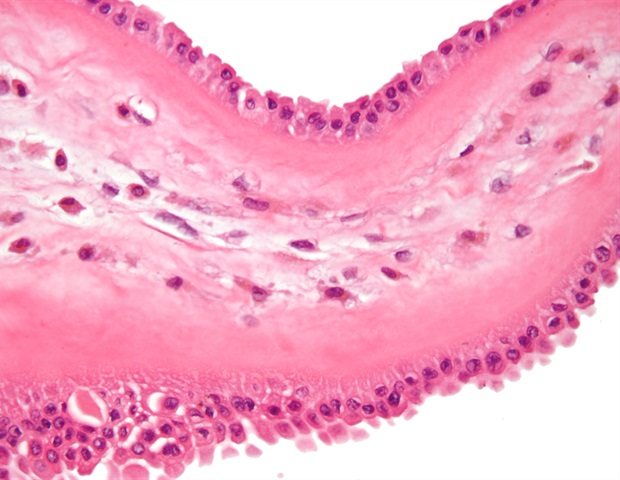Macrophages play a critical role in the immune system by fighting infections and aiding in tissue repair. Understanding how these cells are activated in different scenarios is important for developing new medical treatments. However, identifying and studying macrophage activation has been challenging due to the complex nature of these cells and their responses.
The research team identified a protein called colony stimulating factor 1 receptor (CSF1R) as a reliable marker for monocytes and dendritic cells in blood and macrophages in tissues – allowing for the clear identification and separation of different sample types. The new method works reliably for people of all ages and sexes. Dr.

Fernando Martinez Estrada, who led the research project and is Senior Lecturer in Innate Immunology in the School of Biosciences at the University of Surrey, said: We have developed a method using CSF1R that can identify all types of Mononuclear phagocyte system cells in the body. This marker is incredibly useful for studying these cells in both health and disease, and it unlocks exciting new possibilities for cell isolation and quantification for diagnosing and monitoring various conditions with a single cell marker." Dr.
Fernando Martinez Estrada, Senior Lecturer, Innate Immunology, School of Biosciences, University of Surrey The study developed a set of tools to understand and check how these immune cells respond when they are activated. These tools focus on signals in the body, including.























